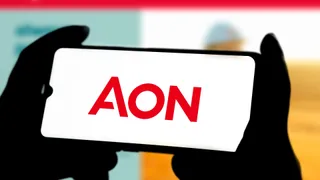
Who speaks for the SMEs?
The issue of non-practising entities (NPEs) or ‘patent trolls’ is among the most contentious debates in IP policy. In one narrative, advanced by those who want reforms to inhibit their behaviour, patent trolls are a pervasive threat—preying on small to medium-sized enterprises (SMEs) with frivolous litigation designed to extract a quick settlement.
Already registered?
Login to your account
If you don't have a login or your access has expired, you will need to purchase a subscription to gain access to this article, including all our online content.
For more information on individual annual subscriptions for full paid access and corporate subscription options please contact us.
To request a FREE 2-week trial subscription, please signup.
NOTE - this can take up to 48hrs to be approved.
For multi-user price options, or to check if your company has an existing subscription that we can add you to for FREE, please email Adrian Tapping at atapping@newtonmedia.co.uk

